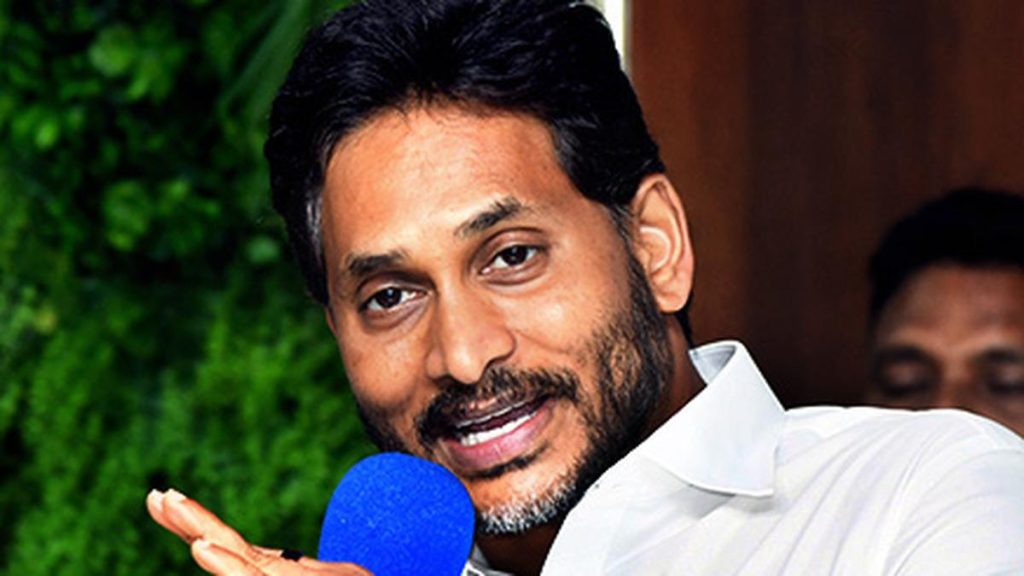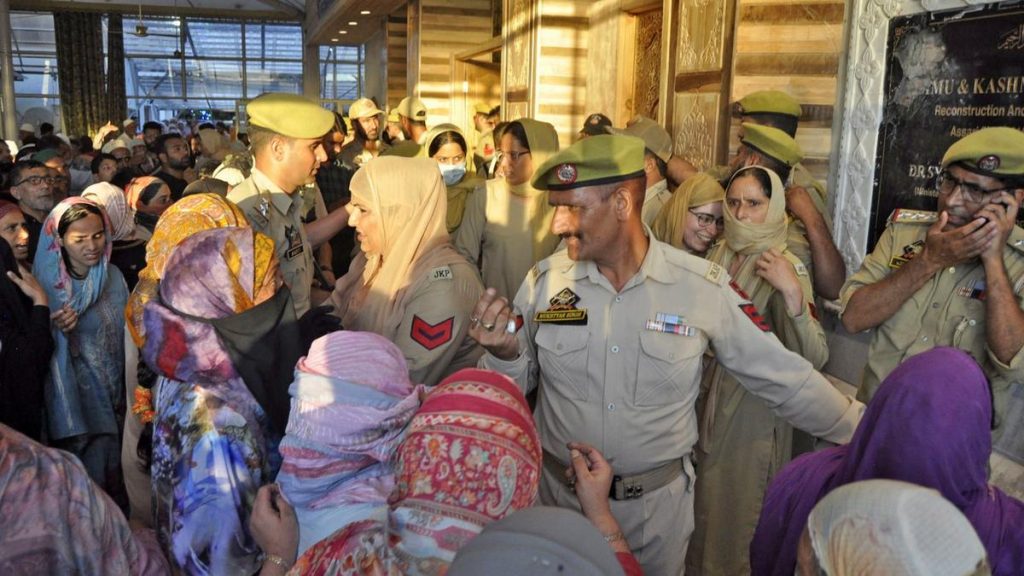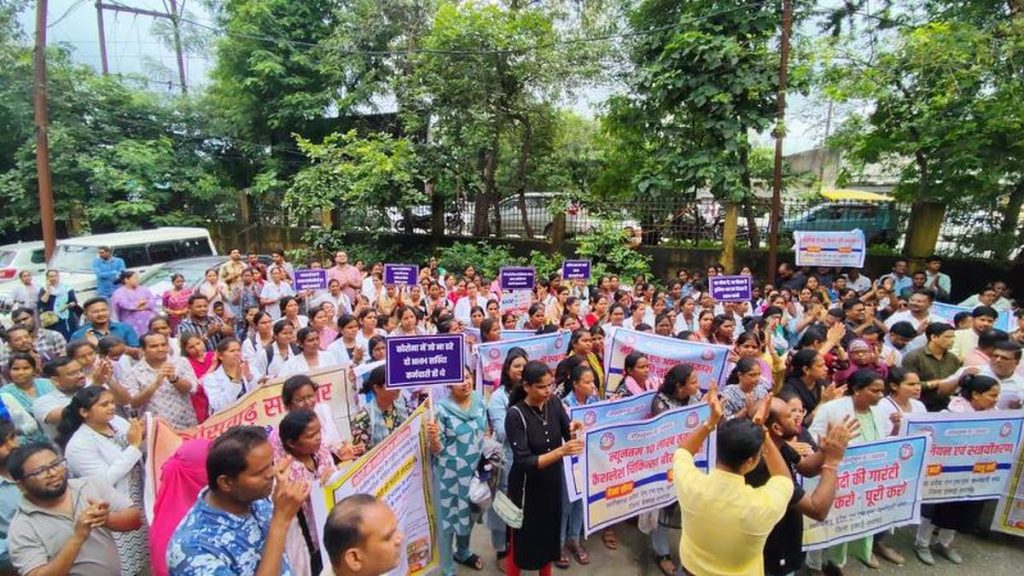Now Reading: Religious Groups Urged to Avoid Excessive Influence in Education: Sivankutty
-
01
Religious Groups Urged to Avoid Excessive Influence in Education: Sivankutty
Religious Groups Urged to Avoid Excessive Influence in Education: Sivankutty

Fast Summary
- General Education MinisterS Statement: V. Sivankutty emphasized that religious organizations should avoid interfering in educational matters, following Sunni scholars’ planned protest over revised school timings.
- Revised School Timings: School hours were extended by 15 minutes in both morning and afternoon sessions (except Fridays), impacting 30-35 lakh students.This revision complies with a court order to meet the mandated instructional time of 220 teaching days.
- Minister’s Justification: The changes were implemented for the larger benefit of students and cannot cater to specific sections of society. Rolling back timings would be “undemocratic” and hinder educational administration.
- Response to Protests: The Minister described demands as “intimidation” and dismissed further discussions on reversing the decision, urging opponents to seek legal interventions instead.
indian Opinion analysis
The Minister’s firm stance highlights a critical tension between public policy governance and societal or religious expectations in India’s education system. His reasoning underscores that decisions impacting millions of students must align with legal obligations rather than sectarian preferences, reflecting the complexities involved when balancing inclusivity against administrative practicality.
This issue spotlights broader questions about secular governance in education-how far governments should accommodate diverse interests while enforcing rules for collective benefits like extended learning periods. A court-mandated timetable suggests procedural merit behind reforms, signaling efforts toward consistency with national standards, although protests reflect underlying concerns from affected communities.
moving forward, transparent dialog within legal frameworks might offer common ground between stakeholders without compromising democratic principles or logistical efficiency.
Read more at: Published – July 10,2025
























